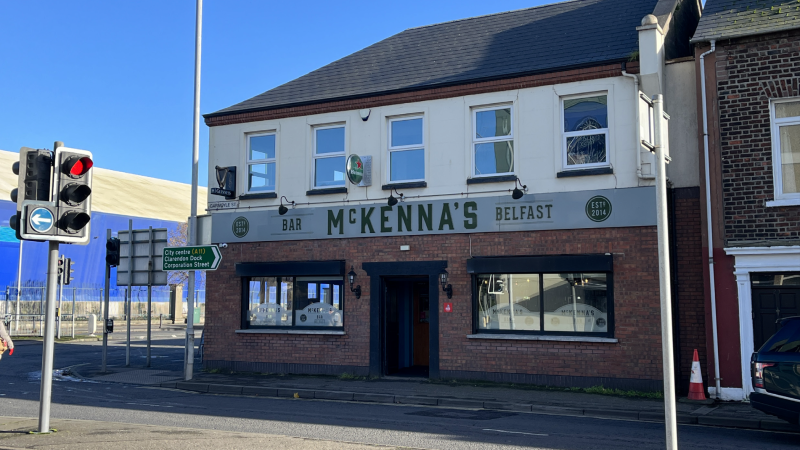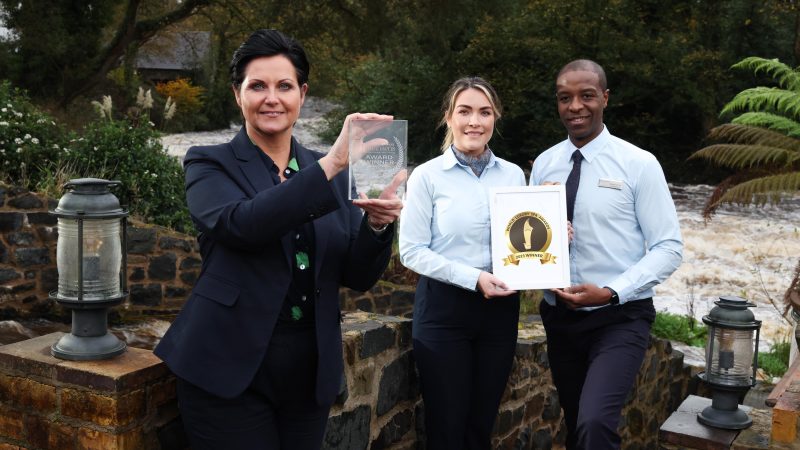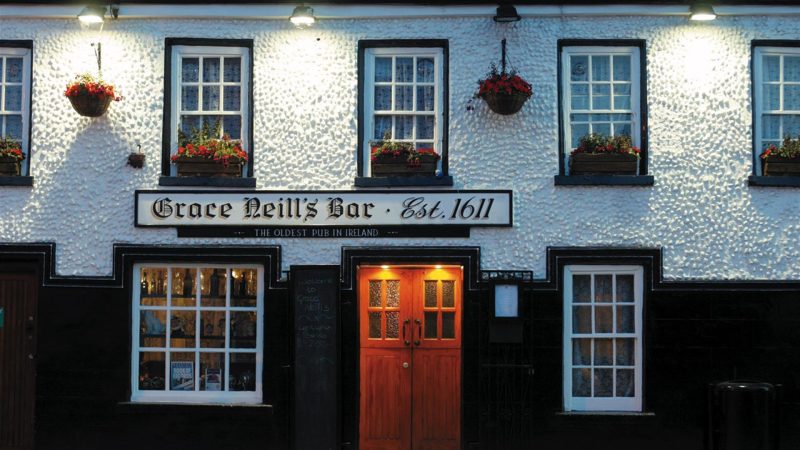Growth rate at risk as Brexit looms large?

With Brexit negotiations now underway, there are fears that the any new arrangement which impinges on the free movement of labour across the EU could impact adversely on growth levels within the NI hospitality sector.
While the UK government’s approach to the ongoing Brexit negotiations may have softened somewhat in the wake of the Tories’ unexpectedly poor showing in June’s general election, fears remain around the impact of the forthcoming changes in a raft of areas, including the availability of labour.
Around 24 per cent of the workforce across the hospitality and tourism sectors in the UK is made up of migrant labour and here in Northern Ireland, we rely more heavily on labour sourced from the EU than any other region in the UK. In 2016, around 18 per cent of the workforce was made up of foreigners and of that, 74 per cent came from the EU.
It’s part of an EU-centric influx of labour that has flocked to fill hospitality positions here in recent years. Between 2011 and last year, the number of EU nationals who took on jobs in hospitality and tourism in the UK increased by a staggering 61 per cent while the increase in non-EU migrant labour over the same period was just six per cent.
So the question now has to be, how will the sector fare if a new relationship between the UK and Europe imposes additional restrictions on the availability of EU migrant workers?
The latest research on the topic – released in April – comes from training and employment organisation, People 1st which examined the current level of skill shortages in the UK and the likely effects of possible migrant labour restrictions. People 1st points out that between 2014 and 2024, around 1.3 million jobs in tourism and hospitality will need to be filled across the country. Already, however, around 38 per cent of those companies questioned are struggling to fill some of the positions they have on offer.
Speaking to LCN this month, Roisin McKee, NI director with People 1st, acknowledged the hospitality sector’s high reliance on labour from across the EU:
“That reliance on migrant workers from other EU countries is likely to have a negative impact if labour restrictions on EU migrants are introduced following the UK leaving the European Union,” warned Roisin. “That will make it harder to recruit and could adversely affect growth prospects.”
Roisin also conceded that recruitment was becoming “much more challenging” for employers in the hospitality sector in Northern Ireland – 33 per cent of those questioned in NI by People 1st reported that they had positions which were proving difficult to fill:
“This problem is most acute for front-facing roles and chefs,” added Roisin. “Employment forecasts predict 33,000 positions will need to be filled in the NI tourism industry by 2025. Around 9,500 of those will be new jobs and the largest growth is expected to come from hospitality at around 7,900 jobs.”
Hospitality Ulster chief executive, Colin Neill agrees that more certainty is needed around issues such as the free movement of labour. His organisation has just launched a Brexit policy paper that calls for more government support for the local hospitality sector, which is now worth more than a £1bn to the NI economy.
Among the proposals contained in the trade body’s paper is a call for the maintenance of the Common Travel Area between the Republic and NI and free movement of people goods and services between the jurisdictions:
“It is essential that the dynamics of the hospitality sector are understood,” Colin told LCN. “Currently, one-in-five people employed in the industry is a migrant worker and it is vital that the ability to recruit external labour is maintained,” he warned. “It is essential for Northern Ireland as a whole that the hospitality industry can grow and access to foreign labour is fundamental to that growth.”

Concerns around the potential for migrant workforce restrictions has caused one local hotel group to accelerate plans for its own internal training programme.
Galgorm Resort & Spa, which currently employs staff from Northern Ireland and around the world, is to introduce its own development programme for school-leavers, as general manager, Colin Johnston, told LCN:
“We hope that by summer next year, we’ll be in a position to bring in 36 school-leavers and train them for positions as chefs, front-of-house, and bar and restaurant staff,” he said. “And we are really focused on school-leavers in particular, we are very keen to bring new blood into the business.”
Colin revealed that while the new academy was something the hotel had been considering for some time, worries over the labour supply post-Brexit had made them realise that they needed to bring the plans forward more quickly.
“I think across the board, people are finding it difficult to get staff, there simply aren’t enough people to go around,” he added. “It’s not as if NI is suffering from huge unemployment or anything, we just physically can’t find enough people to fill the posts we have.







